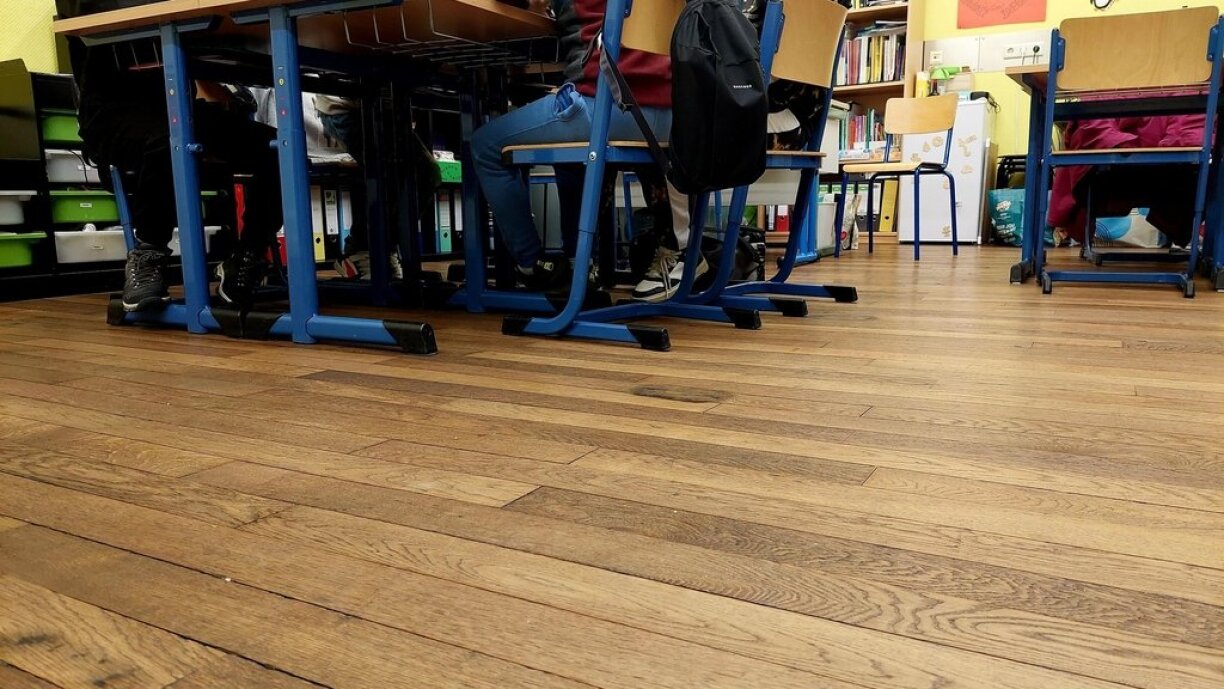
At the start of the school year, Education Minister Claude Meisch announced that the French literacy programmes in primary schools are to be made available across the country as of 2026. Poised to be Meisch’s flagship project for the year, an information session was thus organised at the Campus Geesseknäppchen on Tuesday to inform local primary school presidents, cycle coordinators, and other education staff about the latest progress.
As the project is dependent on the evaluation of the four current pilot projects, the minister informed stakeholders on Tuesday about who is going to carry out the evaluation. Nevertheless, the National Trade Union of Teachers (SNE) still voiced questions regarding a number of issues left unaddressed in the meeting.
In conversation with RTL, SNE president Patrick Remakel showed himself surprised over the small role that actual teachers played in the consultation process. Of the five elements that make up the evaluation, including the Scientific Council and the European Commission, teachers only make up a fraction of one element, noted Remakel.
The syndicate hopes that teachers will not be kept quiet during the process to simply avoid critical and practical questions. After all, the education staff are the ones to put the new literacy programme into practice, not the theorists, Remakel further argued.
While Meisch did explain to the school representatives what kind of impact the project would have on timetables, he failed to answer practical questions regarding additional class rooms and staff, according to the SNE president. He therefore criticised the fact that the meeting did not feature a Q&A part.
In principal, the National Syndicate for Teachers is not against the project. However, they believe it important to include them in the process, as well as find appropriate and timely solutions for practical questions, particularly since the literacy programme is designed to start in cycle 1.2, so the second year of kindergarden.